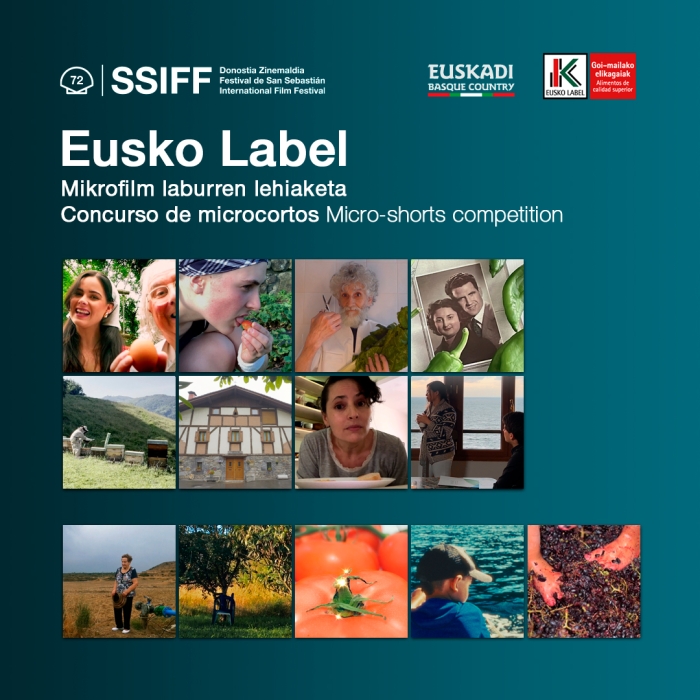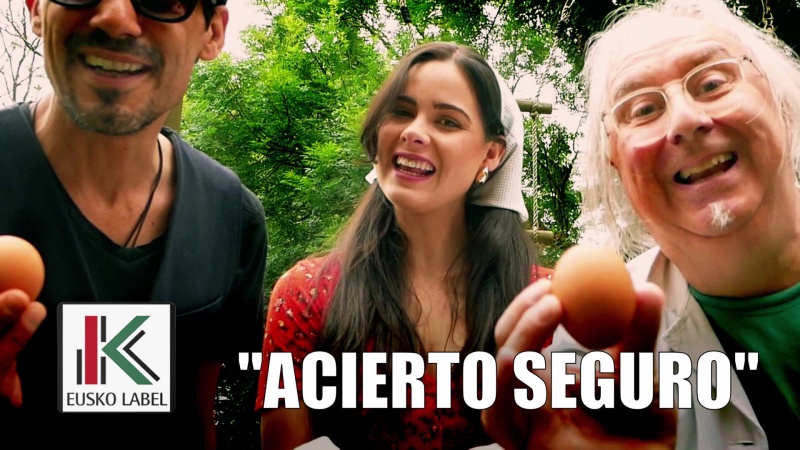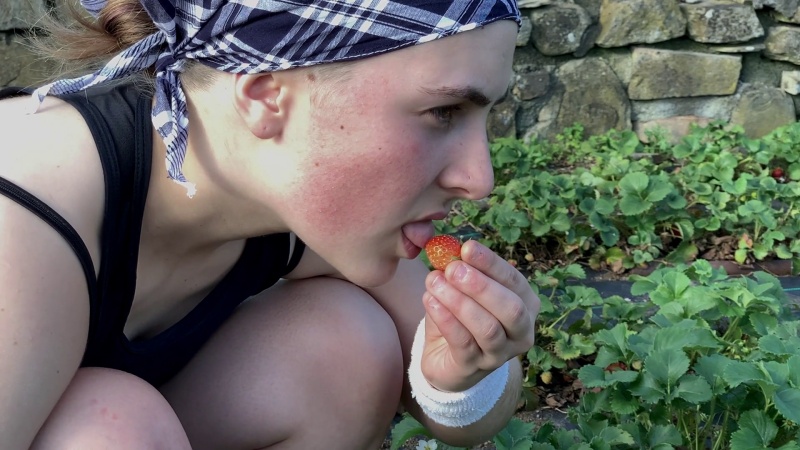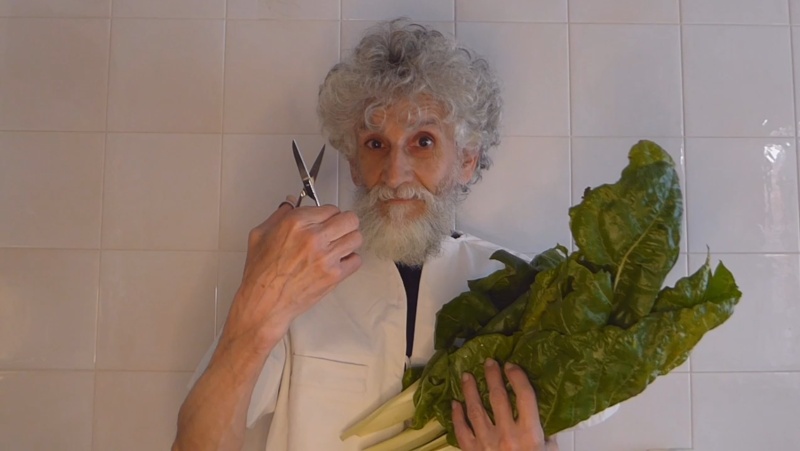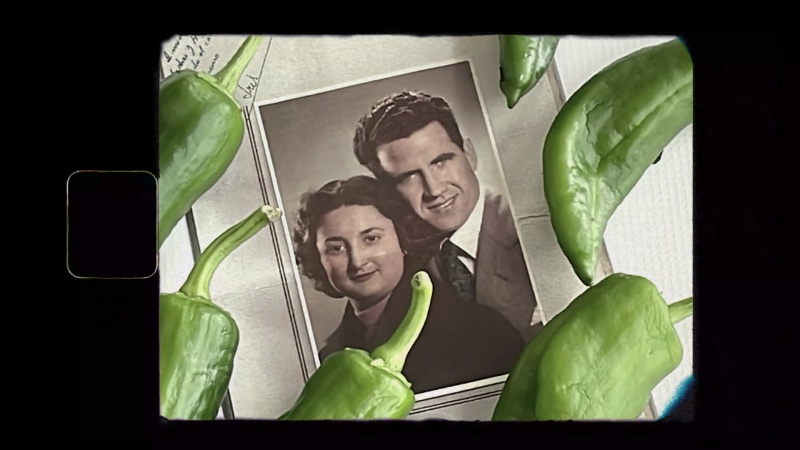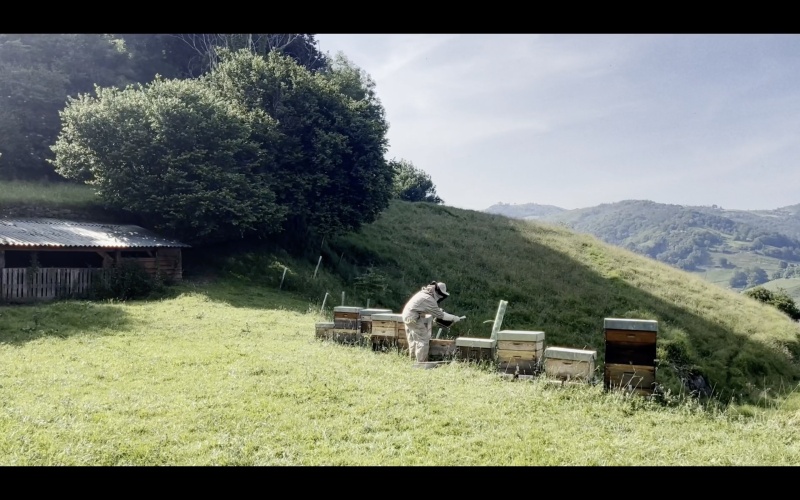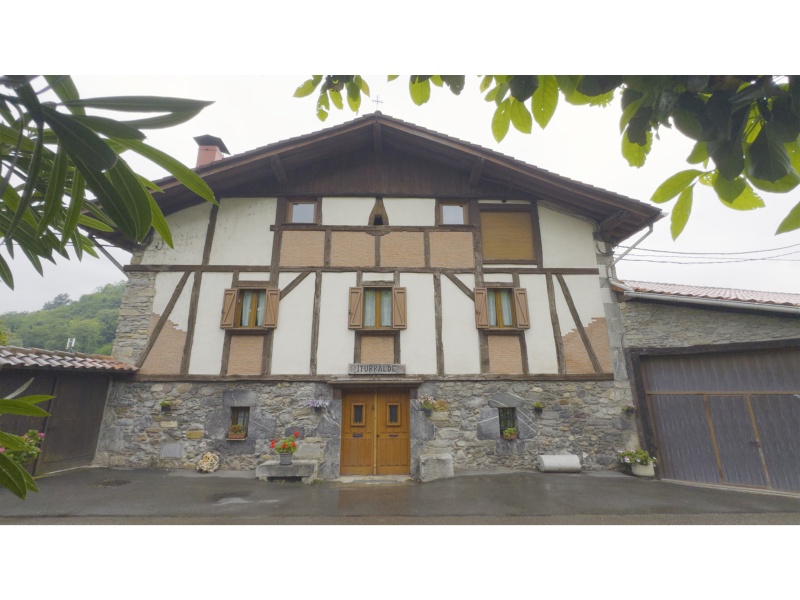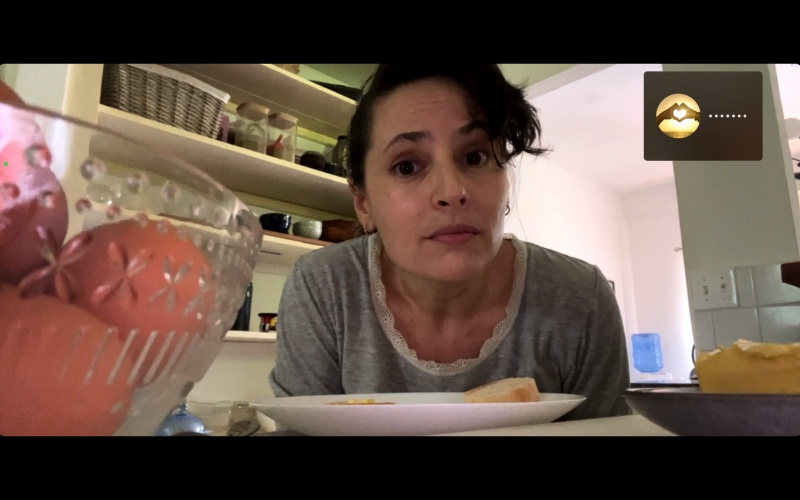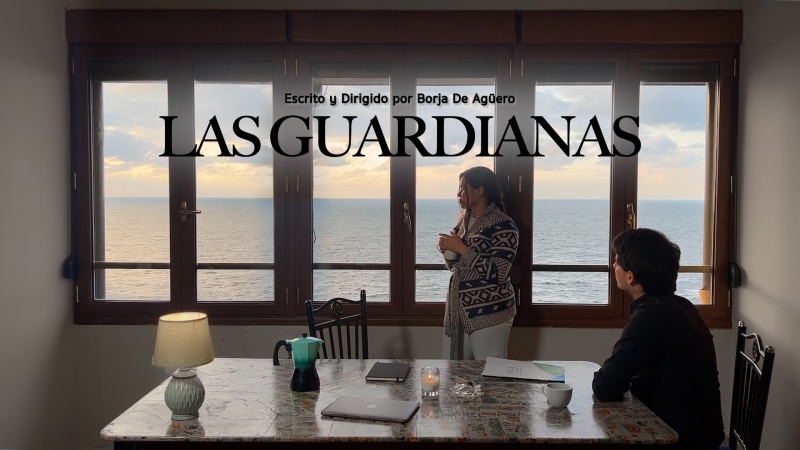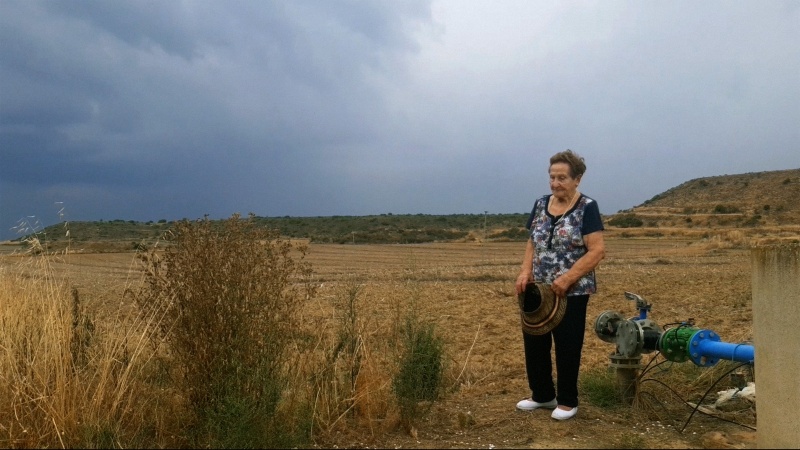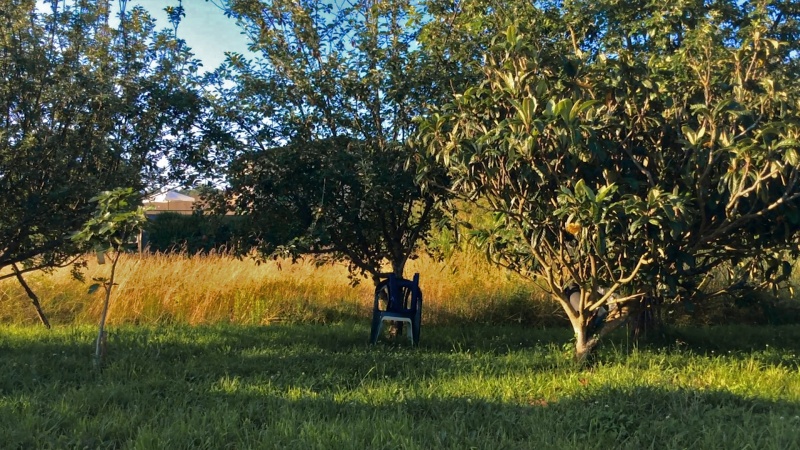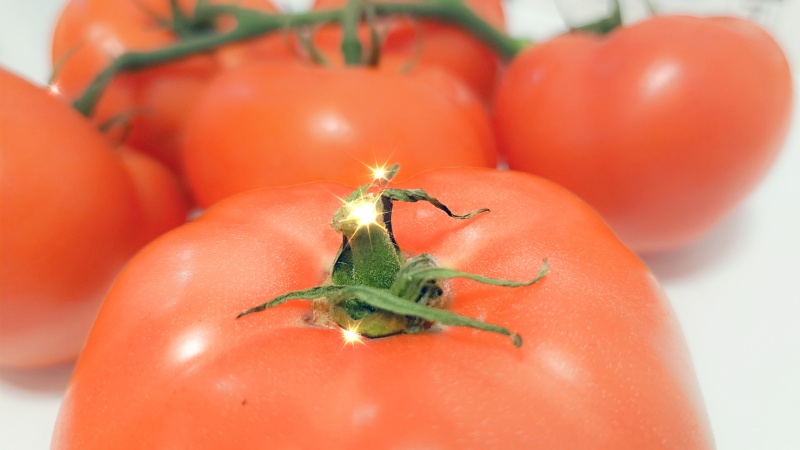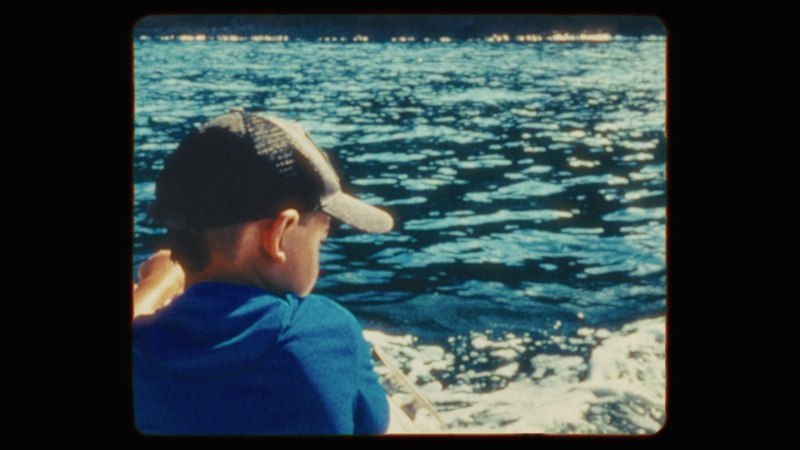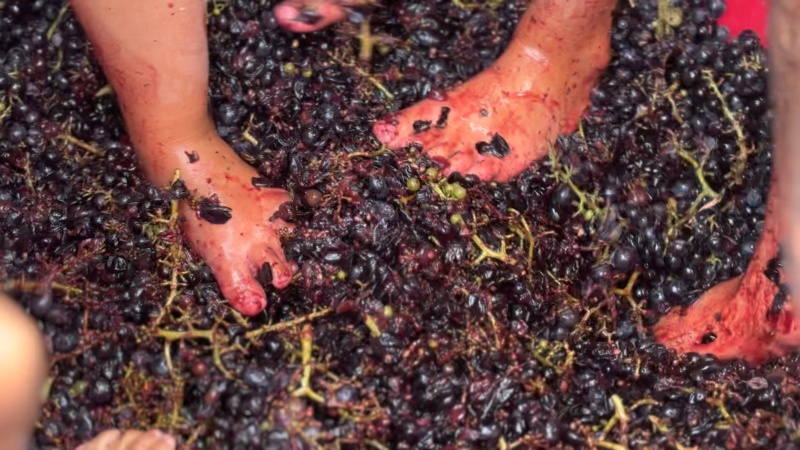The Trueba Cinemas will be today the venue for the screening of the eight short films competing for the Eusko Label Awards, the first of which is worth 6,000 euros and the second 4,000 euros. Eusko Label is a section created by the San Sebastian Festival and the Basque Government through HAZI, a public company belonging to the Department of Food, Rural Development, Agriculture and Fisheries.
The showing will include a screening of the eight finalist micro-short films: Acierto seguro / The Expert (Álex Alonso, Alessandro Meli, Yaiza Etxaniz Barcia), Ahozko tradizioa / Oral Tradition (Eneko Muruzabal), Bio bihoza / Organic Heart (José Luis Gómez), Bruno (Marta H. Susperregui), Erlauntza bat irekitzea / To Open a Hive (Nestor Urbieta Goenaga, Julieta Juncadella), La grieta (Alberto Castañeda, María Isabel Martínez), Las guardianas (Borja de Agüero) and Km 0 (Jon Martija Leunda).
The jury tasked with making the decision is presided over by Frédéric Boyer, artistic director of the Tribeca, Les Arcs and Reykjavik festivals, and is completed by Nagore Garcia, from the HAZI Communication Department, and Roberto Ruiz, chef at Hika Gastronomiko. They will announce their decision at the closing gala on 28 September.
Today, the same screening will include five shorts films out-of-competition commissioned by the Festival by professional filmmakers in the world osf Basque film: Ángelus (Andrea Jaurrieta), Baratza batzarra / The Vegetable Garden Assembly (Mikel Gurrea), Tomatearen katarsia / The Catharsis of Tomato (Borja Crespo), Txalupa arina (Iratxe Fresneda) and Uva tinta / Red Grape (Jaione Camborda).
The Festival and HAZI opened the submission in May. Said films had to have a runtime of no more than 3 minutes and be made with a mobile phone. Their subject matter had to be related to the goals of the Eusko Label section, which seeks to send positive messages showing how the rural and coastal areas of the Basque Country and its primary sector contribute to urban society. It also aims to draw attention to local Basque produce through the cinema, while fostering and raising awareness of sustainability in the world of our agriculture, livestock and fishing.
In competition
In a farm, an expert in the quality of chickens' eggs studies them meticulously to ensure that they are suitable for the Eusko Label brand. After several attempts, he finally recognises the Eusko Label quality.
In a 21st century Basque farmhouse, a young woman learns to work the fields through traditional songs. For how long will they be handed down from generation to generation?
Before eating it, I do another artistic thing with Swiss chard.
Bruno travels to America in search of a better future for himself and for the family he leaves behind in the Basque Country. His mother impatiently awaits his letters. He misses home.
Arrate lives in Larraul, Gipuzkoa, where she makes organic honey and its by products using techniques to protect and regenerate wild pollination ecosystems. Every day, in her hives, she takes care of the local black bee.
A requiem sounds out in Tolosa's Iturralde farmhouse. This year's will probably be the last harvest of Tolosa black beans. Too many years for Nicasio and Lourdes. Too much work for a product which, in this crop, is 100% locally-sourced.
A couple are faced with the difficulty of maintaining a long-distance relationship. One tries to continue, the other gives up. Why live apart if it makes more sense to be together?
Karla is 26, the only female heir of a long tradition of Basque farmers and the first to leave the country in search of a different life. But when her mother dies, she has to come back and decide what to do with her future and the family legacy.
Out of Competition
Between 1857 and 1859, Jean Françoise Millet painted The Angelus, a simple and poetical look at the work of peasants, of the dispossessed, as a conciliation of man and nature. Abilia, who was born in Beire and will die one day in Beire, tells her story rooted in the small amount of land farmed by her family.
As I walked, I looked at the seats in vegetable gardens. They are waiting for those who look after those gardens to sit on them. Each one has its own character, its shape, its way of being. They seem to talk about being taken care of. They listen to one another, share ideas, tools, problems and actions.
Red and round, like a heart.
The sea gives us the game of laughter, food. The sea acts as a vehicle of transmission for knowledge, memories, the kind that travel in lightweight vessels.
On a grape harvest afternoon, children and adults tread the red grapes.

